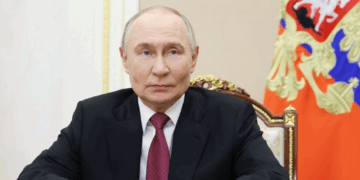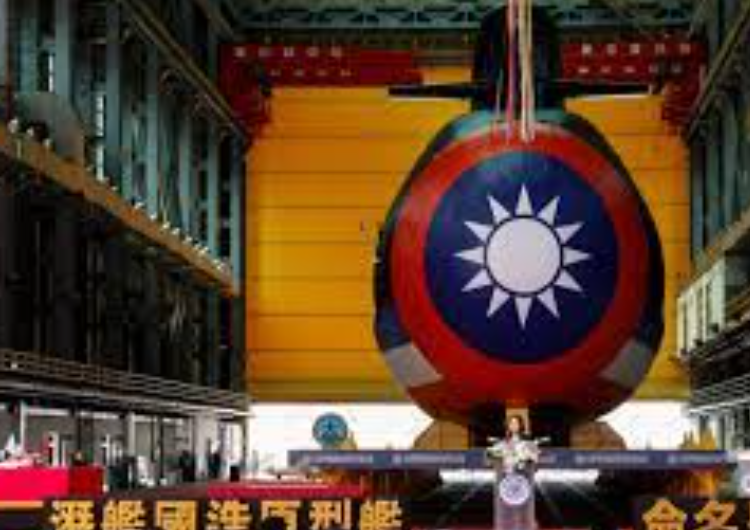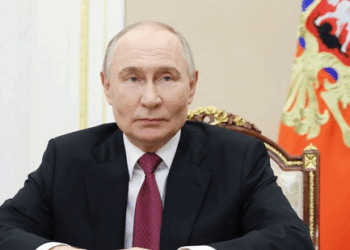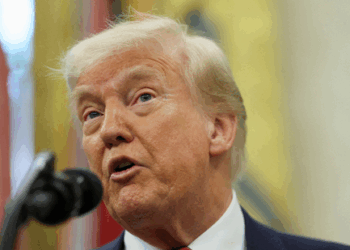Recent revelations indicate that South Korea’s probe into marine technology firm SI Innotec and other defence subcontractors in the context of their work on Taiwan’s submarine program is underscored by fears of Chinese economic backlash. Court documents, police affidavits, and insights from sources familiar with the matter shed light on South Korea’s delicate balance between supporting Taiwan and avoiding China’s ire, emphasizing the complex geopolitical dynamics at play.
South Korean authorities cited concerns about potential economic retaliation from China when charging SI Innotec with violating trade laws, fearing a crisis akin to the fallout from the 2016 THAAD deployment. Two other companies, Keumha Naval Technology (KHNT) and S2&K, were also charged with Taiwan’s submarine project, with allegations of industrial espionage surfacing. The investigation has delved into the intricacies of defence exports and the challenges of navigating South Korea’s delicate relationship with both Taiwan and China.
South Korea’s foreign ministry’s disapproval of KHNT’s work with Taiwan and the Defense Acquisition Program Administration’s cautious stance illustrates the careful navigation of diplomatic sensitivities. Amid rising military tensions and concerns over potential reprisals from Beijing, Seoul faces the challenge of balancing its defence exports with its economic ties with China. Responses from various government agencies and individuals involved underscore the complexity and sensitivity of the issue.
Taiwan’s indigenous submarine program, initiated in 2016, is seen as a strategic move to bolster its defence capabilities against China. The program’s reliance on foreign expertise, particularly from retired South Korean naval officers, has added a layer of complexity to the geopolitical landscape, with South Korea carefully negotiating the regulatory boundaries and potential fallout of its involvement.
While the companies involved deny any wrongdoing, court records and interviews reveal the intricate discussions and consultations between government bodies, highlighting the nuanced decision-making processes in defence exports and the complexities of balancing national security and economic considerations.
The ongoing legal proceedings surrounding South Korean defence companies and their involvement in Taiwan’s submarine project reveal the intricate diplomatic challenges faced by South Korea. As the investigation continues, the delicate balance between geopolitical interests and economic considerations remains at the forefront of South Korea’s foreign policy calculations in the context of its relationships with both Taiwan and China.








 India
India












